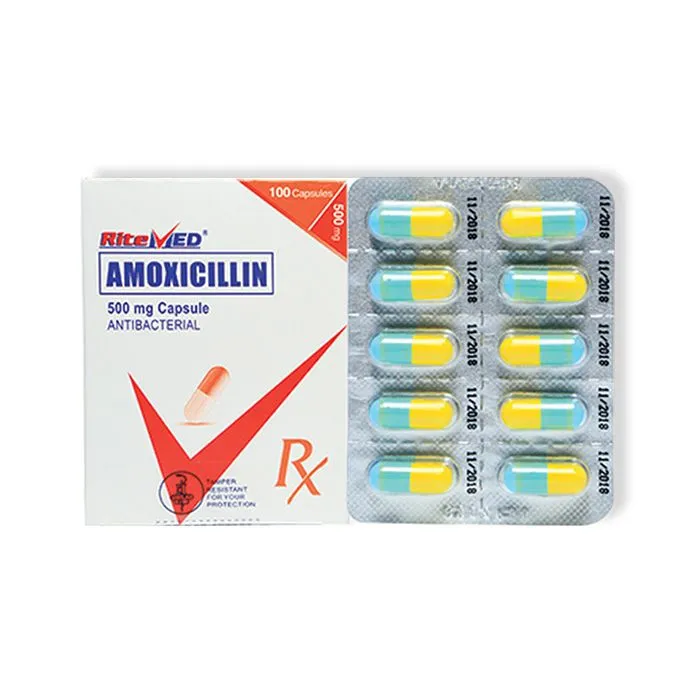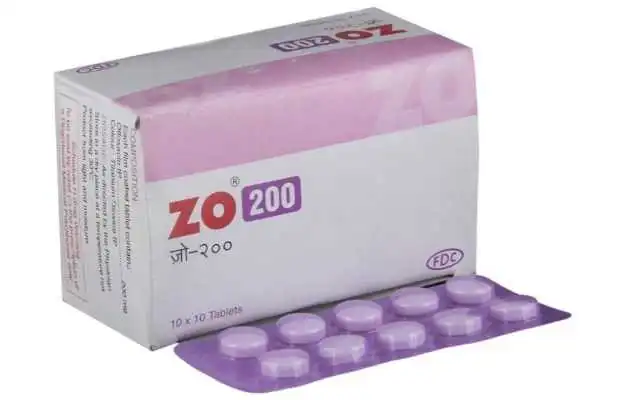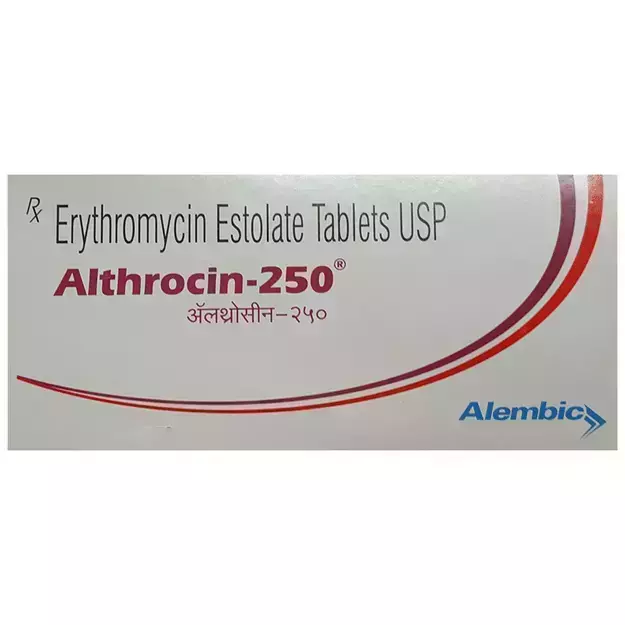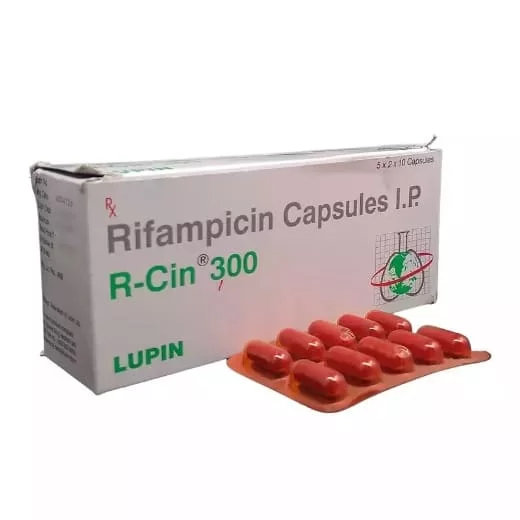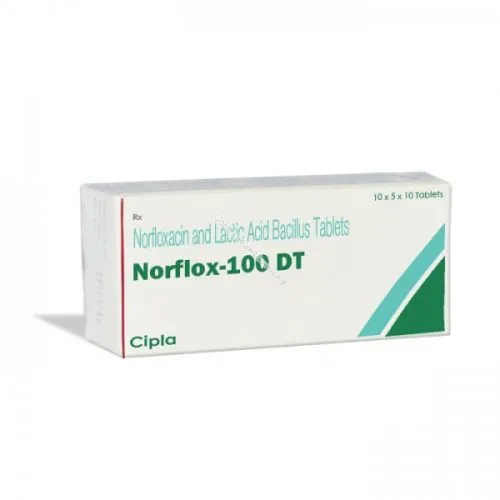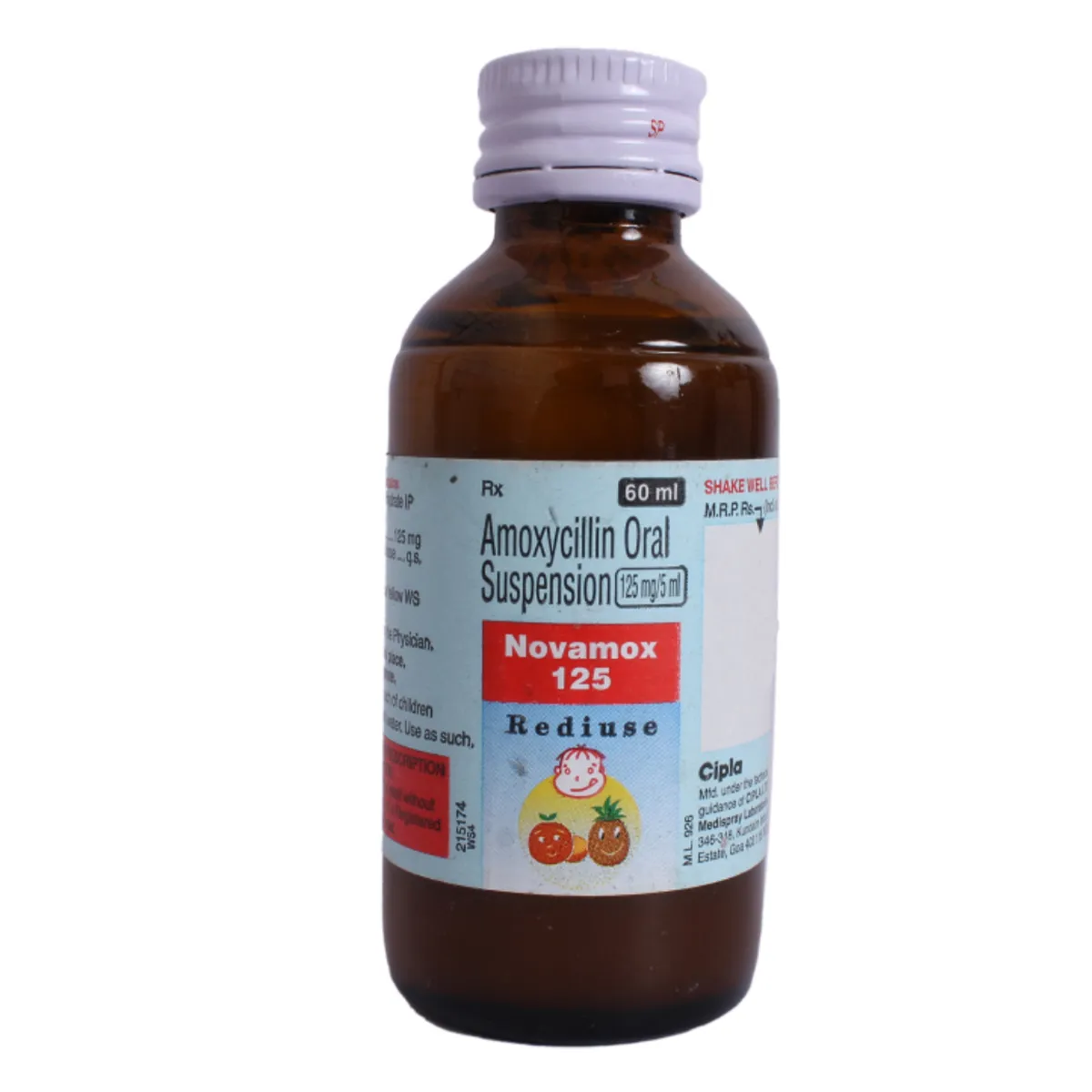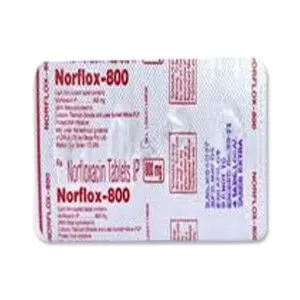Description
What is TIGI 50MG Injection (Tygacil)?
TIGI 50mg Injection, with the generic name Tygacil, is a potent antibiotic medication used in the treatment of various serious bacterial infections. Tygacil belongs to a class of antibiotics known as glycylcyclines and is specifically designed to combat infections that have become resistant to traditional antibiotics.
This injection is often prescribed when other antibiotic options have proven ineffective due to bacterial resistance. Tygacil is used to treat infections in various parts of the body, such as the lungs, abdomen, skin, and urinary tract. It works by inhibiting bacterial protein synthesis, effectively preventing the growth and multiplication of the bacteria causing the infection.
Tygacil is administered intravenously under medical supervision, typically over a short period. It offers a valuable alternative for patients who may have limited antibiotic options due to resistance patterns. However, like all medications, Tygacil may have potential side effects, including nausea, vomiting, diarrhea, and skin reactions.
Due to its unique mechanism and effectiveness against resistant bacteria, Tygacil plays a critical role in managing severe infections where conventional antibiotics have failed. Its use should be under the guidance of a healthcare professional who can assess its appropriateness for the specific infection and individual patient conditions.
Uses of TIGI 50MG Injection (Tygacil)
TIGI 50mg Injection (Tygacil) is employed for the treatment of various serious bacterial infections caused by susceptible microorganisms. It is particularly useful in situations where other antibiotic options have proven ineffective due to bacterial resistance. Tygacil's versatility makes it a valuable tool in managing infections affecting different body systems. Some common uses include:
Intra-Abdominal Infections: Tygacil is effective against complicated intra-abdominal infections, which can include infections of the organs within the abdominal cavity or the peritoneum (lining of the abdominal cavity).
Skin and Soft Tissue Infections: It can be used to treat complex skin and soft tissue infections caused by susceptible bacteria, helping to prevent the spread of infection.
Complicated Skin and Skin Structure Infections: Tygacil is employed to manage infections that involve deep tissues, surgical wounds, or infections associated with implanted medical devices.
Community-Acquired Pneumonia: In cases of severe community-acquired pneumonia, where the infection affects the lungs and might require hospitalization, Tygacil may be prescribed.
Hospital-Acquired Pneumonia: This antibiotic is also indicated for treating hospital-acquired or ventilator-associated pneumonia, which are infections acquired during a hospital stay.
Intra-Abdominal Infections: Tygacil can be used to manage complicated intra-abdominal infections, addressing infections within the abdominal cavity.
Urinary Tract Infections: In some instances, Tygacil might be considered for treating complicated urinary tract infections caused by susceptible bacteria.
How to use TIGI 50MG Injection (Tigecycline 50 MG)?
TIGI 50mg Injection (Tigecycline 50 mg) is an antibiotic medication typically administered by healthcare professionals in a hospital or clinical setting. It is given as an intravenous (IV) infusion, where the medication is slowly introduced directly into a vein. Here's how the injection is generally used:
Medical Supervision: TIGI 50mg Injection is always administered under the supervision of a healthcare provider, such as a doctor or nurse, who is trained in handling IV medications.
Dosage and Infusion: The dosage is determined by the treating physician based on the specific infection, patient's weight, and medical condition. The injection is diluted in an appropriate sterile solution and administered as a slow IV infusion over a designated period of time, usually around 30 to 60 minutes.
Frequency: The frequency of the injections depends on the severity of the infection and the doctor's instructions. In most cases, the injection is given once every 12 hours.
Duration of Treatment: The duration of treatment varies depending on the type and severity of the infection. Your healthcare provider will determine how many days the treatment should be continued.
Monitoring: Throughout the infusion, healthcare providers will closely monitor the patient for any signs of adverse reactions or complications.
Completion of Treatment: It's important to complete the full course of treatment, even if symptoms improve before the medication is finished. Stopping the treatment prematurely can lead to incomplete eradication of the infection and the potential development of antibiotic resistance.
Storage: Since TIGI 50mg Injection is administered by healthcare professionals, storage considerations are managed by the medical facility.
Patients should inform their healthcare provider of any allergies, medical conditions, or medications they are taking before receiving TIGI 50mg Injection. Adhering to the prescribed dosage and schedule, and reporting any adverse reactions, can contribute to the effectiveness of the treatment while minimizing risks.
How does Tigecycline 50 MG work?
Tigecycline 50 mg operates as a potent antibiotic with a unique mechanism of action. It falls under the class of antibiotics known as glycylcyclines and is designed to combat bacterial infections, particularly those that have developed resistance to other antibiotics.
Tigecycline works by inhibiting protein synthesis in bacteria, which is crucial for their growth and survival. It does so by binding to the bacterial ribosome, the cellular machinery responsible for building proteins. By binding to a specific region of the ribosome, Tigecycline interferes with the incorporation of amino acids into growing protein chains. This disruption effectively halts the synthesis of essential bacterial proteins, impeding their ability to multiply and causing them to die off.
This antibiotic's distinctive mechanism enables it to be effective against a wide range of bacteria, including those that are multidrug-resistant. It can address infections caused by Gram-positive, Gram-negative, and anaerobic bacteria. However, it's important to note that Tigecycline is reserved for serious infections and should be used judiciously to prevent the development of further antibiotic resistance.
Tigecycline 50 mg benefits
Tigecycline 50 mg offers a range of significant benefits as a powerful antibiotic, particularly in the treatment of challenging bacterial infections:
Broad-Spectrum Effectiveness: Tigecycline exhibits a wide spectrum of activity against various bacteria, including those resistant to many other antibiotics. This versatility makes it a valuable option when dealing with infections caused by multidrug-resistant organisms.
Effective Against Diverse Bacteria: Tigecycline targets both Gram-positive and Gram-negative bacteria, as well as anaerobic bacteria. This capability allows it to address a diverse range of infections affecting different body systems.
Combatting Resistant Infections: In an era of growing antibiotic resistance, Tigecycline provides a lifeline for patients with infections that fail to respond to conventional antibiotics. Its unique mechanism of action enables it to tackle bacteria that have developed resistance to other treatments.
Hospital-Acquired Infections: Tigecycline is often used to manage infections acquired in healthcare settings, where bacterial resistance can be more prevalent. It helps address infections like complicated intra-abdominal infections, skin and soft tissue infections, and pneumonia.
Alternative to Limited Options: For patients with limited antibiotic choices due to allergies or resistance patterns, Tigecycline offers a valuable alternative for managing severe infections.
Critical Care Situations: In critical care scenarios, such as intensive care units, where infections can be challenging and resistant, Tigecycline's efficacy can be pivotal in saving lives.
Reduction in Disease Spread: By effectively treating infections that can spread within hospitals, Tigecycline contributes to preventing outbreaks and protecting both patients and healthcare workers.
Side effects of TIGI 50MG Injection (Tigecycline 50 MG)
TIGI 50mg Injection (Tigecycline 50 mg) can lead to several potential side effects, although not everyone will experience them. These side effects can vary in severity, and it's important to be aware of them while undergoing treatment. Common side effects include:
Nausea and Vomiting: Some individuals may experience nausea and vomiting during or after the injection.
Diarrhea: Tigecycline can disrupt the natural balance of gut bacteria, leading to diarrhea in some patients.
Headache: Headaches are a possible side effect, although they are generally mild.
Injection Site Reactions: Redness, swelling, or pain at the injection site may occur.
Skin Reactions: Rash, itching, or other skin reactions are possible side effects.
Changes in Taste: Some patients might experience alterations in taste perception.
Digestive Upset: Abdominal pain, bloating, or discomfort may occur.
Nail Discoloration: In rare cases, Tigecycline can cause darkening of the nails.
It's important to note that more severe side effects can also occur, although they are less common. These might include severe allergic reactions, severe skin reactions, and even Clostridium difficile-associated diarrhea (a serious intestinal infection). If you experience any unusual or severe symptoms while receiving Tigecycline, it's crucial to seek immediate medical attention.
Precautions
When using TIGI 50mg Injection (Tigecycline 50 mg), certain precautions should be taken. Inform your healthcare provider about allergies, medical history, and current medications. Given its potential impact on gut bacteria, consider probiotics to maintain intestinal health. TIGI might affect liver enzymes, necessitating monitoring. Due to the risk of severe diarrhea, report any signs of persistent or worsening gastrointestinal issues. Although Tigecycline is generally safe for adults, its safety in pregnancy and breastfeeding hasn't been established, so consult a doctor. Follow medical advice meticulously, complete the prescribed course, and promptly communicate any concerning symptoms to ensure safe and effective treatment.
Storage
TIGI 50mg Injection (Tigecycline 50 mg) should be stored and handled with care to maintain its effectiveness and safety. Here are some storage guidelines:
Refrigeration: Store the medication in a refrigerator between 2°C to 8°C (36°F to 46°F).
Protection from Light: Keep the medication in its original packaging or container to protect it from light exposure.
Avoid Freezing: Do not freeze the injection, as extreme cold temperatures can impact its composition.
Keep Sealed: Ensure that the packaging or container is tightly sealed to prevent contamination.
Out of Reach: Store the medication out of reach of children and pets to avoid accidental ingestion.
Medical Facility: TIGI 50mg Injection is usually administered by healthcare professionals in medical facilities. If you are prescribed this medication, it will likely be stored and prepared by trained healthcare staff.
FAQs
Q: Can I take TIGI 50mg Injection on my own at home?
: No, TIGI 50mg Injection is administered by healthcare professionals in a hospital or clinical setting due to its intravenous route of administration.Q: Can I stop taking TIGI 50mg Injection once my symptoms improve?
A: It's essential to complete the full course as prescribed, even if symptoms improve. Stopping early may lead to incomplete eradication of the infection and potential resistance.Q: Can I take TIGI 50mg Injection if I'm pregnant?
A: Consult your healthcare provider before using TIGI if you are pregnant, as its safety during pregnancy has not been fully established.Q: Can I drink alcohol while receiving TIGI 50mg Injection?
A: Alcohol consumption is generally not recommended during antibiotic treatment. Consult your healthcare provider for specific advice.Q: What do I do if I miss a scheduled TIGI 50mg Injection dose?
A: Inform your healthcare provider and follow their guidance. It's important not to double up on doses.Q: Can I drive after receiving TIGI 50mg Injection?
A: TIGI's impact on your ability to drive is minimal, but if you experience dizziness or other side effects, it's best to avoid driving until you feel safe.
Conclusion
Remember, these answers provide general guidance, but individual situations can vary. Always consult your healthcare provider for personalized advice and answers to specific questions regarding TIGI 50mg Injection.


.webp)
